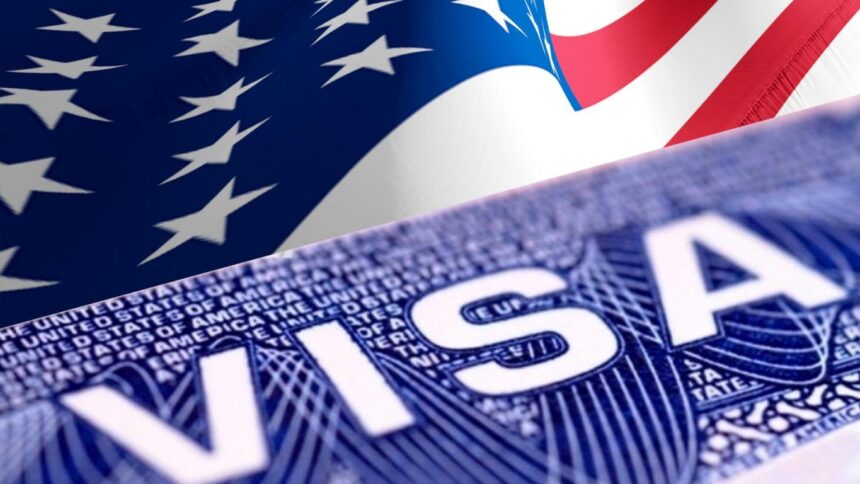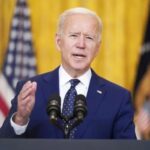The United States government has expanded its Visa Bond program to include four additional African nations: Mali, Mauritania, São Tomé and Príncipe, and Tanzania.
The U.S State Department announced that the U.S visa bond program will come into effect for citizens of Mali, Mauritania, São Tomé and Príncipe, and Tanzania from October 23, 2025
This means citizens from Mali, Mauritania, São Tomé and Príncipe, and Tanzania, applying for B-1/B-2 business or tourist visas will be required to post refundable bonds ranging from $5,000 to $15,000.
The U.S visa bond program, launched as a 12-month pilot under Section 221(g)(3) of the Immigration and Nationality Act, was first introduced in August 2025 for Malawi and Zambia, followed by The Gambia earlier this month.
This latest expansion brings the total to seven African countries under the initiative, which targets nations with historically high overstay rates—defined as visitors who remain in the U.S. beyond their authorized stay.
For fiscal year 2023, Tanzania’s B-1/B-2 overstay rate stood at 34.13%, while similar patterns were observed in the newly added countries, prompting the State Department’s action.
Recall that the U.S visa bond program began on August 20, 2025, and will remain active until August 5, 2026.
The rule applies mainly to travellers from countries with high visa overstay rates or limited vetting systems, as well as nations that offer Citizenship by Investment programs allowing foreigners to acquire citizenship without living there.
The Seven Countries on the U.S Visa Bond List
Here’s the full list of countries currently included in the program and the dates the program became effective for their citizens;
Malawi August 20, 2025
Zambia August 20, 2025
The Gambia October 11, 2025
Mali October 23, 2025
Mauritania October 23, 2025
São Tomé and Príncipe October 23, 2025
Tanzania October 23, 2025
According to the Department of Homeland Security’s FY 2024 Overstay Report, certain countries show consistently high visa overstay rates.
For example, The Gambia had an overstay rate of 38.79% for visitor visas and 18.6% across all categories. Malawi recorded 14.32% (by land) and 4.17% (by air/sea) for B1/B2 visas, and nearly 19.71% for student categories. Zambia showed over 10% for visitor visas.
This policy aims to reduce visa overstays and encourage compliance with US immigration rules.
Travellers who post a U.S visa bond program must enter and exit the US only through these designated airports:
Boston Logan International Airport (BOS)
John F. Kennedy International Airport (JFK)
Washington Dulles International Airport (IAD)
The visa bond is fully refundable if the traveler complies with all visa terms. It will be automatically canceled and returned when:
The traveller leaves the U.S before their authorized stay ends.
The traveller does not use the visa before it expires.
The traveller is denied admission at the port of entry.
In short, the bond works like a deposit. Follow the rules, and you get it back.
Pan-Atlantic Kompass reports that the latest development came as the administration of United States President Donald Trump triggered several immigration rules in its bid to intensify its fight against illegal migrants in the United States.
Already, Trump has put in place tough policies to make it difficult for migrants to enter the country.
Recently, Trump announced that U.S. H-1B visa applications will now attract a $100,000 fee. It was gathered that the $100,000 would be a single upfront fee tied only to the first petition
Recall also that Trump has unveiled a $1 million Gold Card, a premium visa program targeting the world’s wealthiest immigrants for expedited residency and a pathway to citizenship.
Announced via executive order, Trump declared that the initiative is expected to generate billions in revenue while prioritizing high-value contributors to the American economy.





